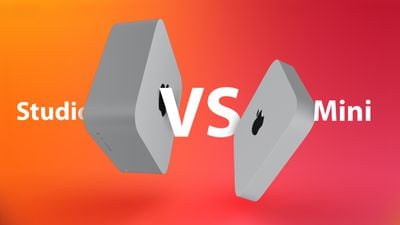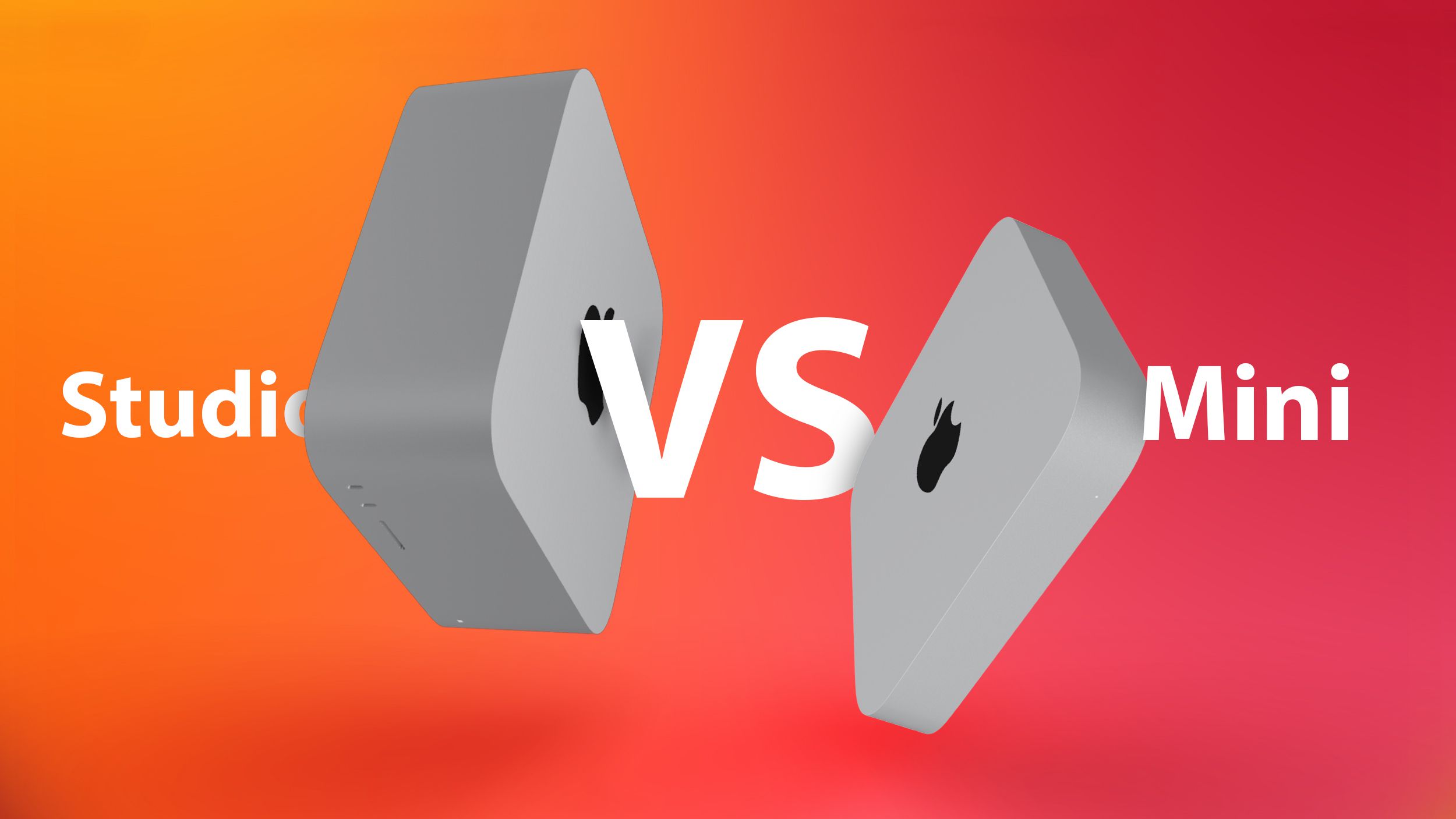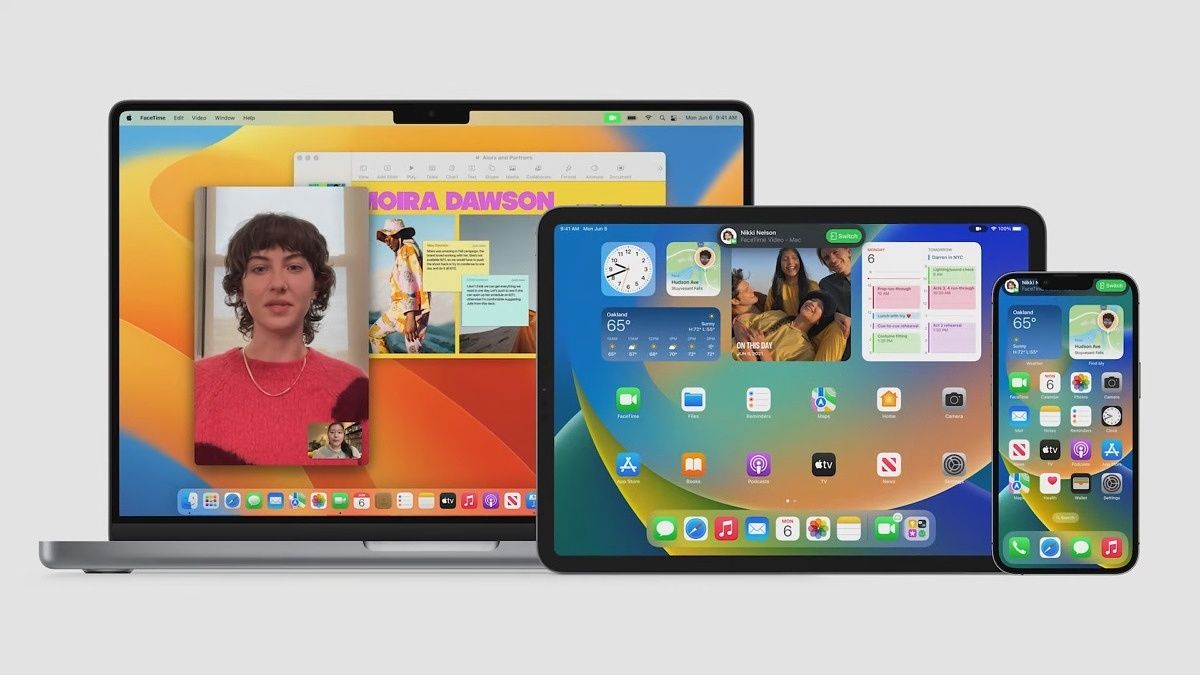The Mac Studio debuted in 2022 as Apple’s most powerful custom silicon standalone desktop. Now, with the launch of the latest Mac mini models, Mac Studio faces a formidable competitor that offers “Pro” features at a significantly lower price.

Mac Studio starts at $1,999, surpassing the $599 starting price of the M2 Mac mini and even the $1,299 starting price of the M2 Pro Mac mini, so do you need the most advanced Apple humble silicon mini Mac, or is the M your needs ? Our guide will help answer the question of how to decide which of these two desktop Macs is best for you.
Compare Mac Mini and Mac Studio
The Mac mini and Mac Studio share some basic features, including a familiar, boxy silver aluminum design, Apple’s silicon chipset, and two USB-A ports. That said, the two machines have a lot more contrast than they do in common, including different chip options, memory capacity, ports, and external display support options.
Important differences
Mac Mini
- Height 1.41 inches (3.58 cm)
- M2 chip or M2 Pro chip
- Up to 12-core CPU
- Up to 19-core GPU
- Media engine with video decoding engine, video encoding engines and ProRes encoding and decoding engine
- Up to 200 GB/s memory bandwidth
- Up to 32 GB of unified memory
- Support for up to two screens (M2) or three screens (M2 Pro)
- HDMI 2.1 port
- Up to four Thunderbolt/USB 4 ports
- Gigabit Ethernet or 10 Gb Ethernet port
- Wi-Fi 6E (802.11ax)
- Bluetooth 5.3
- Starting at $699 for the M2 model or $1,299 for the M2 Pro model
Mac Studio
- Height 3.7 inches (9.5 cm)
- M1 Max chip or M1 Ultra chip
- Up to 20-core CPU
- Up to 64-core GPU
- Media engine with two video decoding engines, up to four video encoding engines and up to four ProRes encoding and decoding engines
- Up to 800 GB/s memory bandwidth
- Up to 128 GB of unified memory
- Support for up to four Pro Display XDRs and a 4K display
- HDMI 2.0 port
- Six Thunderbolt/USB 4 ports
- SDXC card slot (UHS-II)
- 10 Gb Ethernet port
- Wi-Fi 6 (802.11ax)
- Bluetooth 5.0
- Starting at $1,999 for the M1 Max model or $3,999 for the M1 Ultra model
Desktop Apple Silicon Chips Compared
In single-core tasks, the M2 and M2 Pro Mac mini models clearly outperform any of the Mac Studio configurations. In multi-core, the picture is less clear. The M2 Mac mini is less powerful than either of the Mac Studio models, but the M2 Pro Mac mini is more powerful than the M1 Max Mac Studio. M1 Ultra Mac Studio remains the most powerful in multi-core tasks. In GPU tasks, the chips scale as one would expect, with progressively better performance through the M2, M2 Pro, M1 Max and M1 Ultra. As such, users who need maximum GPU power should still buy Mac Studio over Mac mini.
See the approximate Geekbench 5 scores for each Mac mini and Mac Studio below, including the score of the now discontinued M1 Mac mini for reference:
Single-Core score
- M1: ~1,700
- M2: ~2,000
- M2 Pro: ~2,000
- M1 Max: ~1,750
- M1 Ultra: ~1,750
Metal GPU points
- M1: ~22,500
- M2: ~30,500
- M2 Pro: ~52,700
- M1 Max: ~64,700
- M1 Ultra: ~94,500
Multicore points
- M1: ~7,500
- M2: ~9,000
- M2 Pro: ~15,000
- M1 Max: ~12,350
- M1 Ultra: ~23,350
Unless you plan to buy the M1 Ultra Mac Studio with a focus on multi-core and GPU performance, the M2 Pro Mac mini should be the best all-around choice in terms of performance for most users.
Memory
If you need more than 32 GB of memory, Mac Studio can provide larger amounts up to 128 GB. Likewise, the Mac mini’s memory bandwidth reaches up to 200 GB/s memory bandwidth. Mac Studio, on the other hand, offers up to 400 GB/s or 800 GB/s memory bandwidth. As such, if you need extreme amounts of memory and a large amount of memory bandwidth for professional tasks, only Mac Studio can meet these requirements. It’s still worth noting that the M2 Pro Mac mini’s 32GB memory option, along with 200GB/s memory bandwidth, should be more than enough for most users.
Support for ports and external display
The Mac Studio offers a more versatile selection of ports, with two additional Thunderbolt/USB 4 ports and an SDXC card slot compared to the M2 Pro Mac mini, which may be an important factor for users with a lot of peripherals.
The Mac mini has an HDMI 2.1 port, which means it will be better for a small number of users working with 8K and high refresh rate external displays, but otherwise the Mac Studio offers better external display support.
Final thoughts
To some extent, purchasing decisions should be driven by budget, but it’s worth considering that any savings on the desktop computer itself could be put toward a good external display like Apple’s Studio Display, which starts at $1,599. For example, an M2 Pro Mac mini paired with a Studio Display for $2,898, which is just $899 more than a stand-alone base model Mac Studio and $1,101 less than the M1 Ultra Mac Studio without a display.
Buy Mac Mini if…
- You need a high level of performance and versatility at a comparatively low price
- You need maximum single-core CPU performance
- You need maximum multi-core CPU performance and can’t afford M1 Ultra Mac Studio
- You need HDMI 2.1 and support for 8K external displays
- You need Wi-Fi 6E (802.11ax) or Bluetooth 5.3
Buy Mac Studio if…
- You need maximum multi-core CPU performance and can afford the M1 Ultra model
- You need maximum GPU performance
- You need amounts of memory above 32 GB and high memory bandwidth
- You need more than four Thunderbolt/USB 4 ports
- You need support for more than three external displays
- You need a built-in SDXC card slot (UHS-II)
You should only consider Mac Studio if you have a professional workflow that can take advantage of the extreme power of the M1 Ultra, as well as its additional ports and memory options. If you need Mac Studio, you probably know that you are looking for a very powerful machine that can support specific intensive workflows. Most customers should choose the M2 Pro Mac mini over the M1 Max Mac Studio, which saves $700 when looking at the base models. There will likely still be significant savings when it comes to custom configurations.
#Mac #Mini #Buying #Guide #Mac #Studio




